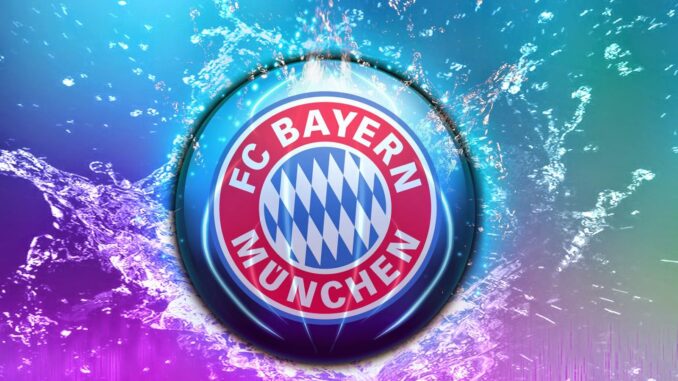
In the heartland of German football, one name stands synonymous with dominance, success, and a rich history – Bayern Munich. Established in 1900, Bayern, officially known as Fußball-Club Bayern München e.V., has evolved into a footballing powerhouse, not only in Germany but on the global stage. In this article, we explore the storied legacy of Bayern Munich, tracing its origins, historic triumphs, and enduring impact on the beautiful game.
Origins and Early Years:
Founded by a group of players led by Franz John, Bayern Munich began its journey in the neighborhood of Schwabing in Munich. The club’s early years were marked by modest success, gradually rising through the ranks of German football. By the 1930s, Bayern had established itself as a formidable force in regional competitions, setting the stage for future greatness.
Post-War Resurgence and Bundesliga Dominance:
The aftermath of World War II saw Bayern Munich rebuild and reassert itself as a footballing powerhouse. The establishment of the Bundesliga in 1963 provided a platform for Bayern to showcase its prowess on a national stage. The club secured its first Bundesliga title in the 1968-69 season, laying the foundation for an era of unprecedented success.
The 1970s: A Golden Decade:
Under the managerial brilliance of Franz Beckenbauer and later Udo Lattek, Bayern Munich experienced a golden era in the 1970s. The club clinched three consecutive European Cup titles from 1974 to 1976, a feat that solidified its place among the elite in European football. Iconic players like Gerd Müller and Karl-Heinz Rummenigge spearheaded Bayern’s attacking prowess during this period.
1990s: Rebuilding and International Success:
After a brief period of rebuilding, Bayern Munich emerged stronger in the 1990s under the management of Franz Beckenbauer and later Ottmar Hitzfeld. The club secured further Bundesliga titles and achieved international success by reaching the UEFA Champions League final in 1999. Although the final ended in heartbreak, it set the stage for Bayern’s resurgence in the new millennium.
The Modern Era and the Treble Triumph:
The 21st century witnessed Bayern Munich’s ascent to new heights under the stewardship of coaches like Louis van Gaal, Jupp Heynckes, and Pep Guardiola. The 2012-13 season was particularly historic as Bayern achieved the elusive treble – winning the Bundesliga, DFB-Pokal, and the UEFA Champions League. The team, led by stars like Franck Ribéry, Arjen Robben, and Manuel Neuer, showcased a perfect blend of tactical acumen and individual brilliance.
Contemporary Success and Global Recognition:
In the ensuing years, Bayern Munich has continued to assert its dominance both domestically and internationally. The club boasts a roster of world-class talent, with players like Robert Lewandowski, Thomas Müller, and Joshua Kimmich leading the charge. Bayern’s style of play, characterized by possession-based football and clinical finishing, has garnered admiration from football enthusiasts around the globe.
The Allianz Arena and Fan Culture:
The Allianz Arena, inaugurated in 2005, stands as Bayern Munich’s iconic home. The state-of-the-art stadium, known for its luminous exterior, provides a fitting stage for the club’s performances. Bayern’s passionate fanbase, known as the “Südkurve,” creates an electric atmosphere during home matches, contributing to the club’s identity and sense of community.
Philosophy and Youth Development:
Central to Bayern Munich’s success is its commitment to a philosophy that prioritizes possession, attacking football, and a strong sense of team unity. The club also places emphasis on youth development, nurturing young talents through its academy system. Players like Bastian Schweinsteiger and Philipp Lahm, products of Bayern’s youth system, have gone on to become club legends.
Conclusion:
Bayern Munich’s legacy in German football is a tale of perseverance, success, and an unwavering commitment to excellence. From its humble beginnings in the early 20th century to its modern-day status as a global footballing giant, Bayern has transcended eras, leaving an indelible mark on the sport. As the club continues to chase new milestones and add to its trophy cabinet, the red and white colors of Bayern Munich remain a symbol of footballing prowess, a testament to the enduring spirit of one of the world’s most iconic football clubs.